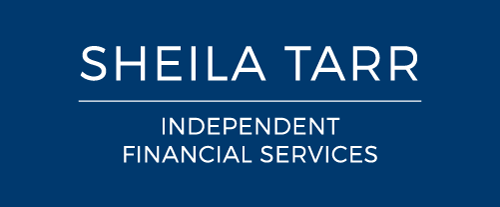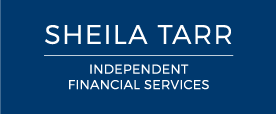What is a Pension?
Pensions are tax-efficient savings products that are designed to help you save money for your retirement.
Pensions can be complicated, especially when it comes to all the rules and regulations that surround them. The pension landscape has changed significantly in the last 20 years which means what you thought you knew about pensions may longer be the case.

OVERVIEW
What type of Pension do I have?
Aside from the state pension, there are two main types of pension available: defined benefit or defined contribution.
Each has its benefits and drawbacks depending on your personal circumstances.
What is a defined benefit pension?
A defined benefit pension (sometimes called final salary pension or career average earnings pension) share one common and highly valuable characteristic – at retirement they promise to pay you a secure income for life.
it is often referred to as a final salary pension as the amount of pension you receive depends on your salary and the length of time you worked for the employer; the underlying performance of the investments does not dictate how much pension you receive.
These are considered the gold standard for pensions, but have become increasingly rare as the financial burden of meeting the pension liabilities falls heavily on the employer.
The employer is duty bound to make up any shortfall, which with an ageing population is a tall order, and is one of the main reasons why these pensions are rarer than they were.
What is a defined contribution pension?
A defined contribution pension (also known as a money purchase scheme) can be a private or workplace pension, whereby you and/or your employer contributes towards your retirement fund. The amount you receive from your pension depends on the amount of money there is saved in your pension pot when you retire. The investment performance of these pension funds therefore becomes much more important to the individual than in a DB scheme.
This type of scheme can be a private pension or workplace one, involving you and often your employer contributing to your retirement fund. Indeed, since the introduction of auto-enrolment in 2012, anyone in employment is likely to have been enrolled into a workplace pension.
A workplace pension is simply another form of a defined contribution designed for more than one person to use for their pension savings. But the premise remains the same, the amount contributed by you (and your employer) and the performance of the underlying funds is directly linked to the amount of money you will receive at retirement.
Pension Contributions & Tax
Pension contributions and tax relief
Do pension contributions reduce your taxable income?
The money you put into a pension attracts income tax relief at your marginal rate of tax, which could be basic rate at 20%, higher rate at 40% or additional rate at 45% (different rates apply to Scottish taxpayers), but it is not without limits.
Currently, for most people, the maximum pension contribution you can make into a pension and still receive income tax relief on your pension contributions is £60,000 per annum, providing you have paid enough tax in the year to qualify for that relief. The taxman will not give you back more than you have paid in for a single tax year.
If you have already started taking your pension, then you may be limited to as little as £10,000 a year in contributions that attract tax relief. These limits are for the entire pension, no matter who is contributing to it.
How to carry forward pension allowance?
It may be possible to carry forward any unused annual allowance from the previous three tax years, but there are certain rules you must adhere to. You must earn at least the same amount as you want to contribute in total in this tax year.
The exception to this would be if your employer was making the contribution for you, either way, you should get advice before attempting carry forward to make sure you are working within the rules.
YOUR OPTIONS
Where to invest your pension fund
The way in which you invest your pension will largely depend on your attitude to risk, and how far away from retirement you are.
If you are very close to retiring and will be dependent on the income from your pension to pay your bills, it is not wise to take excessive risks with your pension pot, because if markets turn against you then there is likely to be too little time for your fund to recover.
If you are a long way from retirement then a more aggressive strategy is likely to yield higher returns, which should give you a bigger retirement fund to draw on when you finally stop working.
The strategy for your pension should be discussed with your adviser, and your options could depend on the type of pension you have. Dealing with your pension investments is a highly personal thing, and you should take advice on the best strategy for you.

Book your consultation to get clarity on your financial future.
Contact us for a free consultation. There’s no obligation on your part and, if we think we’re not the best people to help you, we’ll tell you straight away.
About
Copyright © 2023 Sheila Tarr IFS. All rights reserved.
About
Copyright © 2023 Sheila Tarr IFS. All rights reserved.

